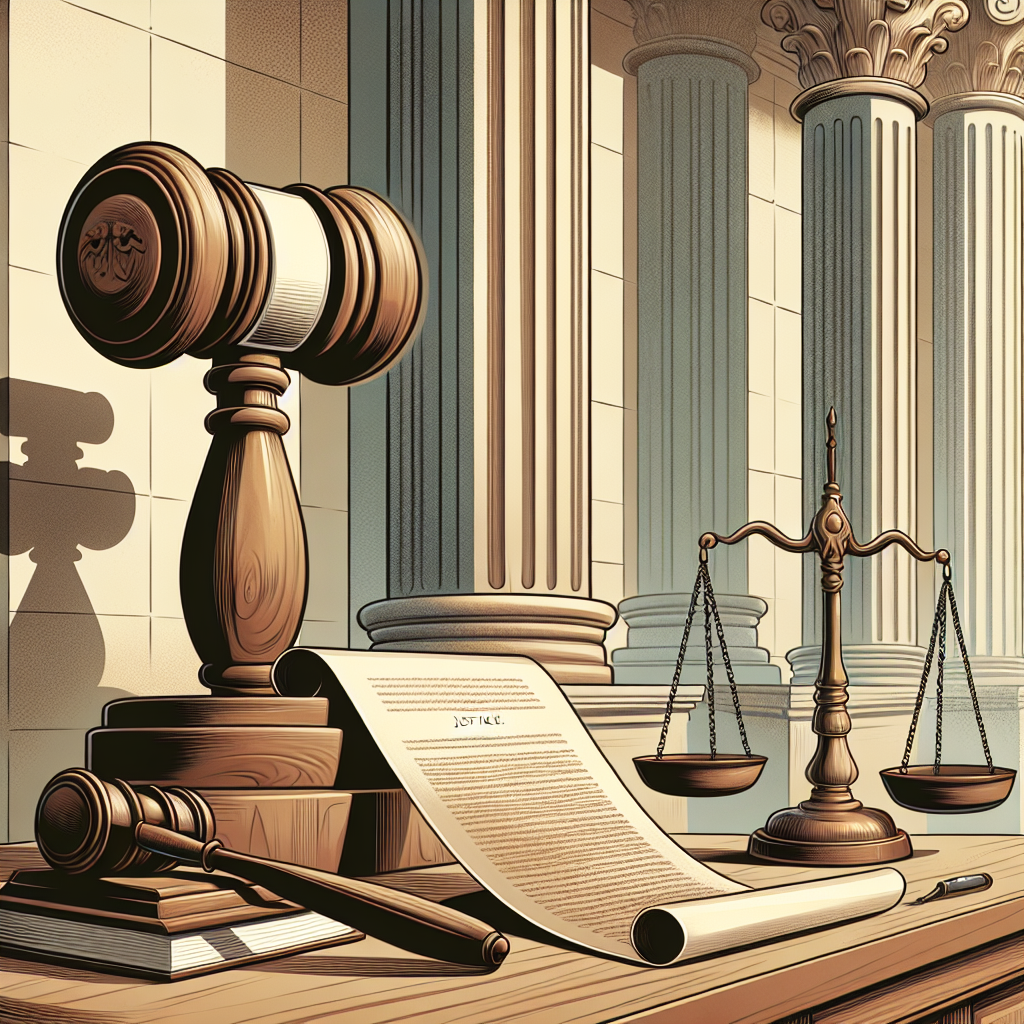Supreme Court Grapples with Long-Pending Bills and Constitutional Implications
The Supreme Court is examining the issue of bills passed by state assemblies that have been pending with governors since 2020. A five-judge bench addresses the constitutional dilemma and the possibility of imposing timelines on governors and the President. Concerns arise about the use of Article 142 to address these legislative delays.

- Country:
- India
The Supreme Court delves into a constitutional quandary regarding the lengthy pendency of bills passed by state legislatures with governors since 2020, raising questions about the role and powers of constitutional courts.
A five-judge bench, led by Chief Justice B.R. Gavai, tackles the issue in the context of a presidential reference, examining whether fixed timelines could be mandated for governors and the President while dealing with such bills.
The court, engaging Attorney General R. Venkataramani and Solicitor General Tushar Mehta, navigates the delicate intersection of legislative, executive, and judicial powers, amid concerns of potential constitutional disorder, as the hearing continues.
(With inputs from agencies.)
ALSO READ
Chief Justice Gavai's Push for Junior Advocates to Lead Urgent Mentions
SC judge Aravind Kumar, Madras HC Chief Justice Manindra Mohan Shrivastava and jurist B V Acharya to probe charges against Justice Varma.
Chief Justice Mandisa Maya Launches Sexual Harassment Policy for Judiciary
Championing Integrity: Insights from Former Chief Justice D Y Chandrachud on Law and Mental Health
Chief Justice of India B R Gavai inaugurates Bombay High Court's circuit bench in Kolhapur.










